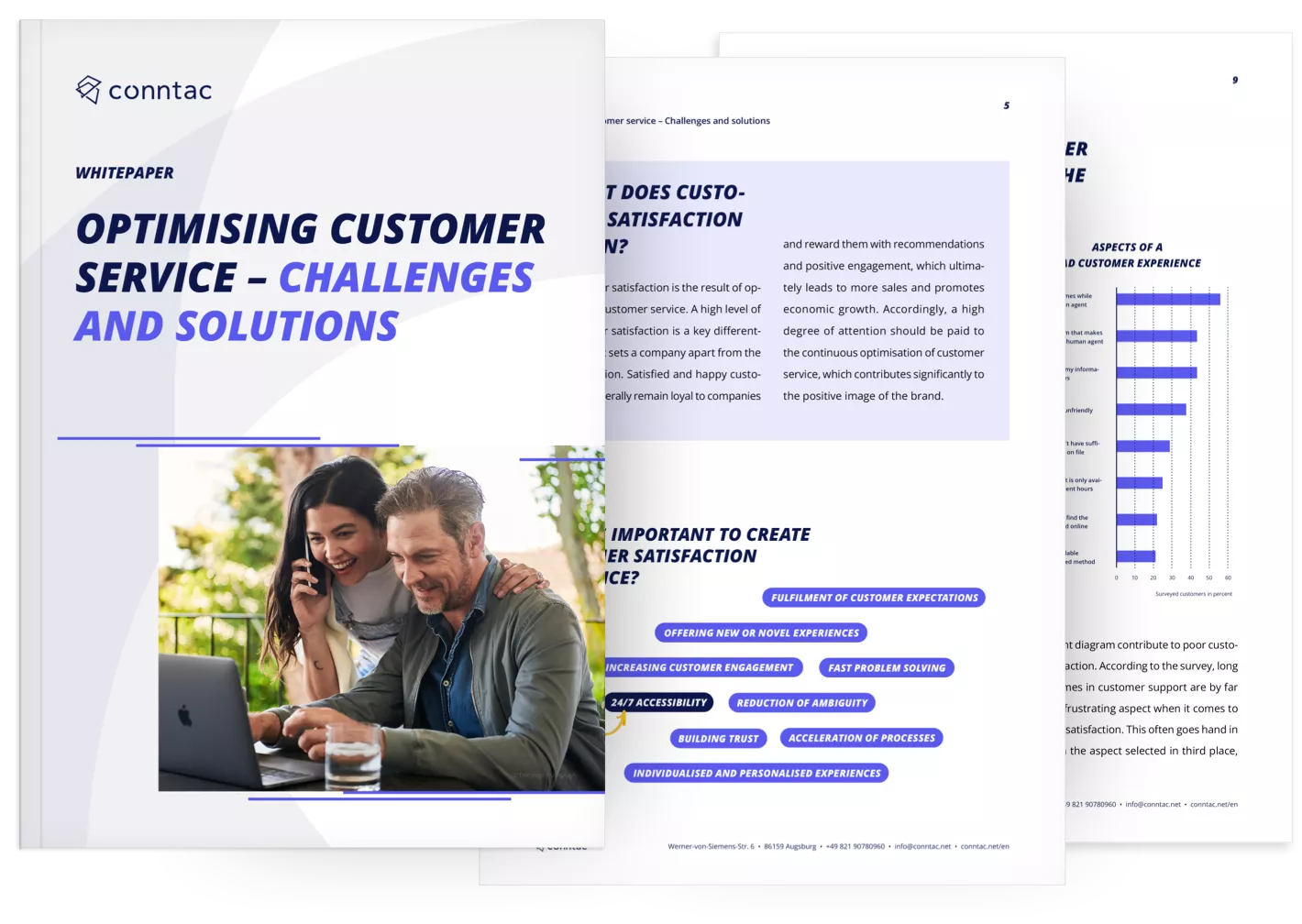One of the most valuable assets for companies is the personal data of their customers. After all, big data is an opportunity for big business: data and information can be collected, analysed and resold in order to provide personalised advertising, optimise business processes, open up new markets or improve customer service.
However, consumers are aware of the significance and risks associated with the use of this data. According to an online survey by Genesys, around two thirds want to give their active consent before companies pass on their information to third parties. More than 90 per cent are concerned that their personal data could be misused. Almost half of those surveyed stated that they would lose trust in a company if their personal data were misused. In addition, a PwC study from 2017 found that over 70 per cent of respondents would not use any further services from a company that passed on their sensitive data without their consent. Data protection is important to consumers. Companies should therefore position themselves as representatives of secure customer service.
What is data protection?
Data protection refers to the protection of personal data and is intended to protect sensitive information of individuals from misuse, especially in the age of digitalisation. To prevent abuse, national governments and international commissions have introduced data protection laws and guidelines. In 2018, the EU Commission presented the new General Data Protection Regulation (GDPR) to protect EU citizens and their information.
The role of data in customer service
In general, the collection of data is strictly regulated by law. However, there are some exceptions and loopholes. As part of customer service, companies may collect personal data if they need it to prepare quotations, make deliveries or issue invoices and to respond to support enquiries and complaints. The data enables companies to develop an in-depth understanding of their customers’ needs and thus provide personalised solutions and offers. The most important advantages for the use and generation of personal data in customer service are as follows:
Personalisation
The analysis of personal data opens up numerous opportunities for companies to personalise their products. In addition to creating personalised offers and recommendations, companies can better understand and assess customer needs and preferences and conduct target group-specific marketing. This creates a positive customer experience and strengthens long-term relationships, thereby increasing customer loyalty.
Efficiency
Personal data is also crucial for the efficiency of internal processes. With their help, fluctuations in demand and requirements can be anticipated and resources planned accordingly. This is not only advantageous for sales and production planning, but also important for resource allocation in customer service.
Proactive service
Data analysis enables problems to be anticipated and sources of problems and frequent faults to be identified. Companies can therefore take proactive measures to avoid known problems. This increases customer satisfaction and strengthens customer loyalty.
Feedback and improvement
By collecting and analysing data and customer feedback, companies can continuously improve their customer service and products and respond more specifically to the needs of their customers. You can find out more about this topic in our white paper measuring customer satisfaction.












